Peshawar artists in Bollywood: Starry surprise
Writer Mohammad Ibrahim Zia’s next book will highlight how Peshawar-born artists influenced Bollywood.
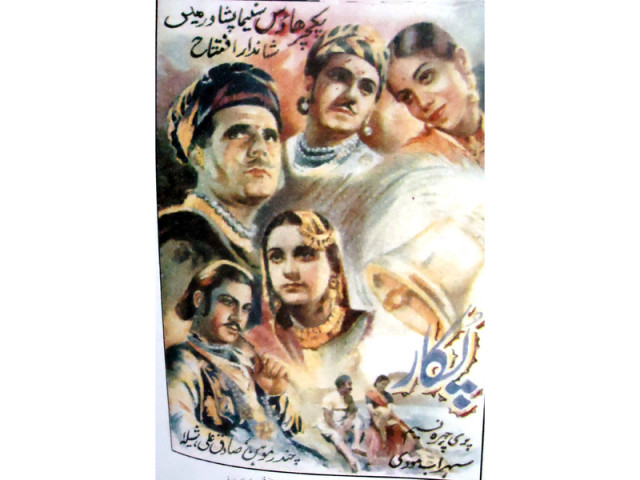
Talking about films and cinema in Peshawar has sinister undertones today. People assume that cinemas in Peshawar run X-rated movies only, which is why no one claiming to be a morally upright person thinks about watching a movie at one of the local cinemas.
This stereotypical view unfortunately blurs out the contributions of a long list of Peshawar-born silver screen luminaries and legends, who have brought a positive change to Bollywood since its inception.
Names like Dilip, Kapoor and Khan are a few prominent examples of how actors coming from the dusty street of Peshawar have carved a niche for themselves. However, there are many other pioneers such as Tila Muhammad Tiger, Ashraf Khan, Baig Sarhadi, Abdul Rehman Kabuli, Khalil Khan, Karim Jan, Habib Sarhadi, Akhtar Nawaz and Al Nasir, whose efforts have been plunged into oblivion and as a result no one knows when and how they influenced Bollywood.
Delving into the past
Mohammad Ibrahim Zia — a local history and culture enthusiast who had previously penned two books — plans on releasing a book on the contribution actors from Peshawar have made to Bollywood. His third book is about artists from this part of the border, who made their mark on Indian cinema in its formative phase of 1913-47.
Zia runs a printing press in the Mohallah Jangi area behind Cinema Road and adjacent to Qissa Khwani. This worn-out establishment has two partitions: the front is used as office, while the back door leads to a press installed on the premises. This overstuffed place is from where Zia has been trying to document the culture of Peshawar. “I started at the age of 50. My father’s death made me realise how unpredictable life is and I thought that it would be selfish of me to take all my lovely memories to grave,” he said.
The writer completed his first book on the history of Peshawar in 2002 and it earned him the Allah Bakhsh Yosafi Prose Award, while the other on history of calligraphy and painting was published in 2005 for which he received Justice Rustam Kiyani Award from Abasin Arts Council.
Zia says that “Peshawar’s actors have had their print on Bollywood long before Raj Kapoor and Dilip Kumar. I think there were around 100 actors, musicians and singers in Bollywood who were from Peshawar but no one knows who they are.”
He states that he has gathered data on 50 such underrated actors who were born in the city. “The example of Gul Hamid from Nowshera helps my case the most. He was one of the earliest heroes of Bollywood, who worked as a policeman in Qissa Khwani Bazaar before becoming an actor but if you ask anyone about Hamid now, they know nothing,” the writer asserts.
Agha Pir Jan, who was one of the famous theatre actors of his time, was also among Zia’s special mentions. Jan was one of the favourite actors of theatre king Aga Hashar Kashmiri, which is why one could see him in some of Kashmiri’s most prominent stage productions such as “Yahudi Ki Larki”, “Naik Parveen”, “Gul Sanobar”, “Laila Majnun”, “Aankh ka Nasha”, “Khawb-e-Hasti”, “Dil ki Piyas” and “Turki Moor”. Pir started working in silent movies in 1929, and when the talkies era started, he went to Mumbai and started working for Imperial Film Company. Despite his accomplishments and his burgeoning career in India, Pir opted for Pakistan during the 1947 partition. Unfortunately, he was ignored in Pakistan to a great extent because of his old age and he eventually passed away in obscurity in Karachi in 1970.
Vocal talent
Among singers and musicians, he recalls Ghalum Mustafa Durrani, Zafar Khurshid, Ashraf Khan, Akbar Peshawari and Master Gul Zaman as the pride of Peshawar. According to Zia, Master Gul Zaman was the first singer to record a playback song in Bollywood in the 1936 film, Baghi Siphahi.
Power of the pen
Zia also mentions lyricists such as Shatir Ghaznavi, Zia Sarhadi, Professor Miran Bakhsh — who composed the national anthem of Afghanistan — and Azar Sarhadi. Sarhadi was a resident of Kohat who left for Mumbai in 1936 and later wrote lyrics for the 1947 blockbuster Jugnu, which was Dilip Kumar’s first hit.“Azar’s song ‘Yahan Badla Wafa Ka’ sung by Mohammad Rafi and Noor Jehan was one of the milestones in Rafi saab’s career,” says Zia. Sadly, Sarhadi couldn’t cope up with the fast paced life of Mumbai and later settled back in Kohat and started teaching.
Dogged devotion
Zia says that Peshawar’s contribution could be assessed from the fact that four world renowned men: famous painter Ismail Gulgee, humourist and broadcaster Patras Bokhari, Dilip Kumar and Pirthviraj Kapoor all belonged to different areas of Peshawar.
Zia’s long pursuit of cinema has an ironical undercurrent. His printing press is situated where once stood Peshawar’s first cinema, Novelty Cinema previously known as Imperial Cinema. Some two years back its owners demolished the cinema building and now a behemoth of concrete is under construction. However, all this has not dampened the writer’s spirits as he claims he will continue to do his part for as long as he is alive.
Published in The Express Tribune, April 15th, 2012.

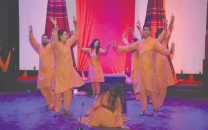
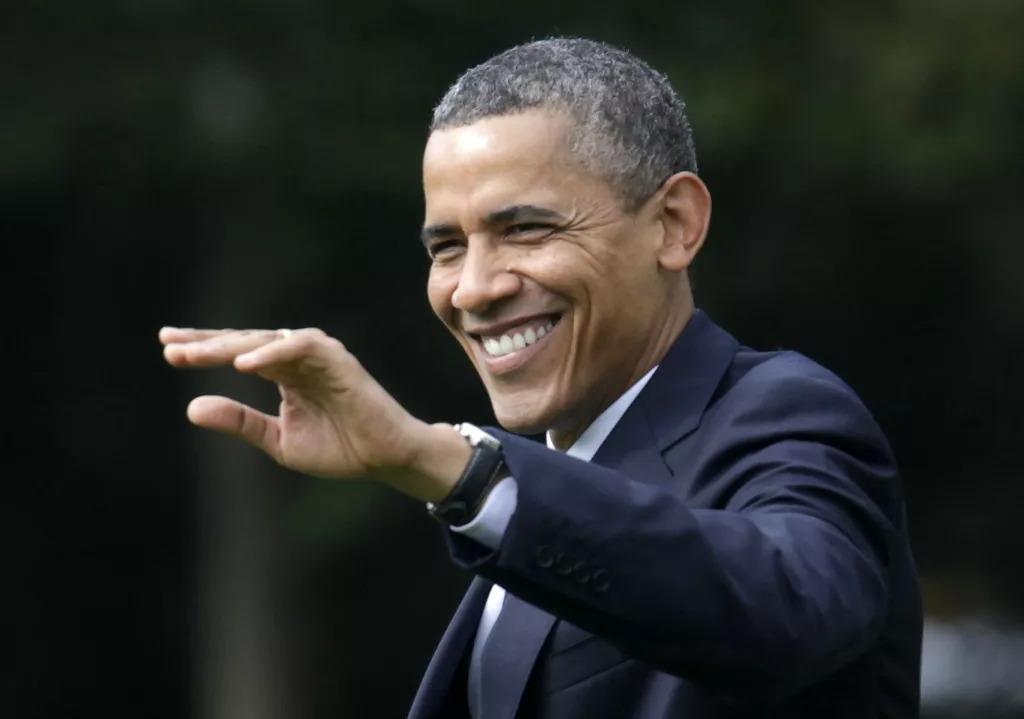

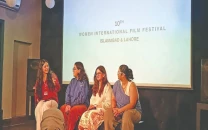

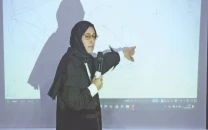











COMMENTS
Comments are moderated and generally will be posted if they are on-topic and not abusive.
For more information, please see our Comments FAQ